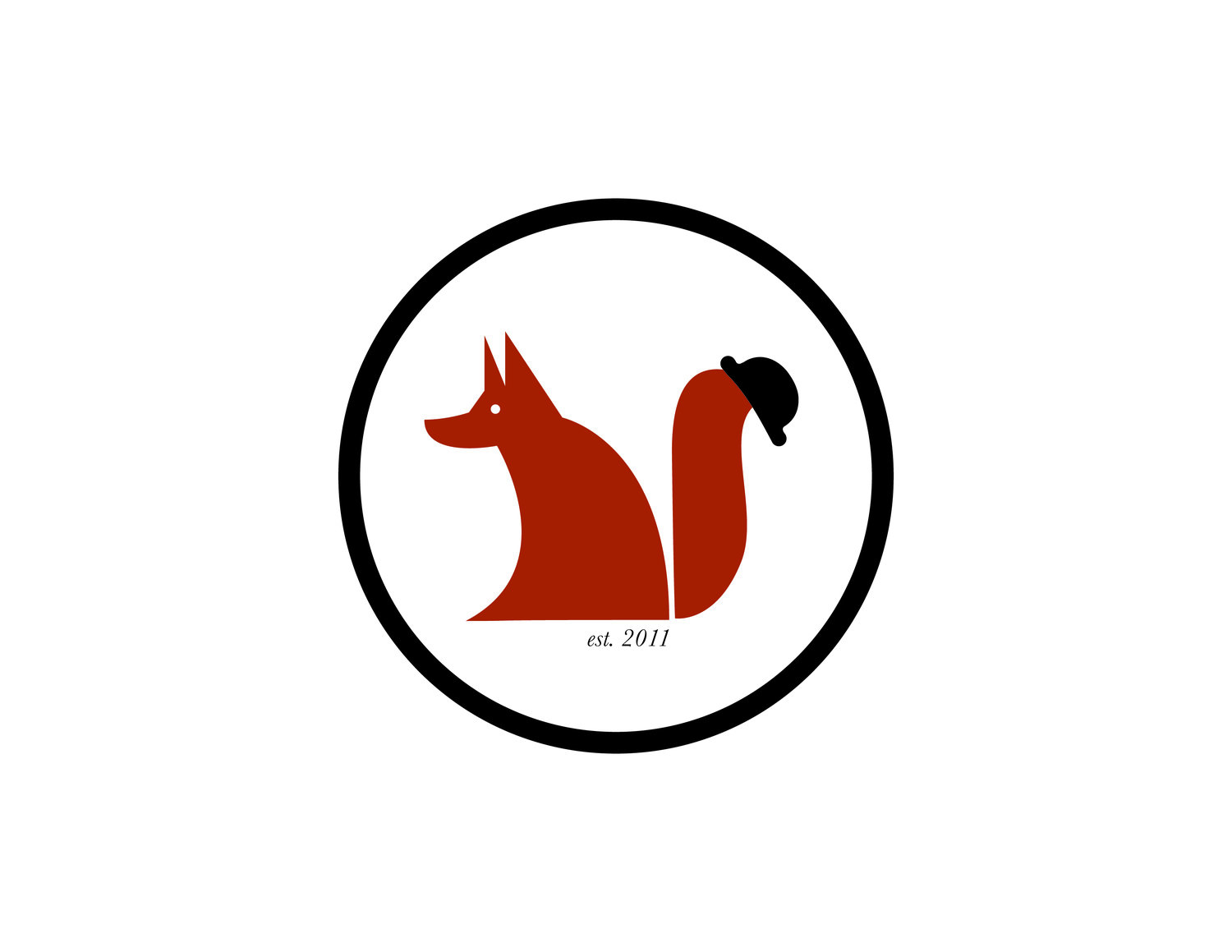Last week, I had the unusual experience of being asked questions about my work and career. I had someone approach me who was interested in doing their own oral history project and wanted to know more about my process, etc. It was really gratifying that someone would seek out my advice. As a result of the informational interview, I decided to write a post about what I have learned in the past two years of conducting oral histories. This is by no means a definitive list but just a few thoughts.
1. Do your research. Spend time learning about the person you are going to interview before the interview. Or the topic that you are going to talk to them about. Some oral history books say three hours per interviewee but that may not be possible given information interview. But I spend a fair amount of time looking at everything I can about a person. Read old interviews (if available), anything they've written. I go to shows and exhibitions, watch videos. I do all of this so I can prepare questions. Of course those questions may not be used but at least I have them. The person you are interviewing you is doing you a favor. They are giving you their time so use it wisely.
2. Don't put people on the spot. You always want to be respectful of the person you are interviewing. One of the questions that I started the project with was "What was it like being a woman artist?" A lot of times people didn't have an answer. They hadn't really thought about it. After doing some reading, I later realized that I was putting people on the spot. While I somehow knew I shouldn't ask people how their race or religion had impacted their work, I realized that gender was in the same category. These issues may come up in the interview but not because of a direct question of mine. If the person you are interviewing wants to talk about those issues, so be it. If they don't, they don't.
3. Invest in a good recorder. I just bought a recorder and started. If you want to do something with the audio like a podcast, you probably want a nicer recorder. Transom.org has recommendations about equipment. http://transom.org/topics/tools/page/2/
4. Have a release form. This release form needs to be signed so that you have permission to use the material. It helps prevent/mitigate headaches later on. I didn't start doing this until 6 months in. Now I have to track down the women I didn't ask for an interview release form. Ugh!
5. Don't be afraid to ask someone to participate. If you ask someone politely and respectfully, they may agree to participate in your project. I've reached out to people through people, asked for introductions, and when all else fails, I'll "cold" email someone. Some people have never responded but others have and I've done amazing interviews with them. Don't discount an interview because you think they wouldn't have time for you. You never know unless you try.
6. Have a focus. It helps to have a theme you want to explore like women artists in Chicago or athletes in a school. Also having an end goal like a book or archive does help you. It also gives your work some weight to it since people who may participate know you have a plan. You aren't just doing it for the sake of doing it.
7. Have a release form. Have some kind of document that says the person agrees to let you use the material. And then ask everyone to sign it. Preferably, before the interview starts. Or you will have to chase people down afterwards.
8. Share the transcript with people after the interview. This is common courtesy but makes good sense. I tell people that I will do this as they sign the release form.
8. Most important, you can start doing oral histories. You don't have to be in school or have an institution behind you. You can buy a recorder and start contacting people. It's up to you to start!
Those are just a few thoughts that I had about oral histories. Hope it helps those of you out there on the fence about doing your own projects!




